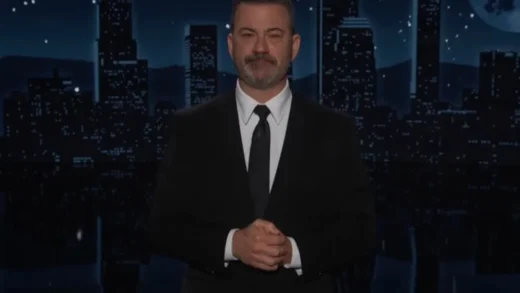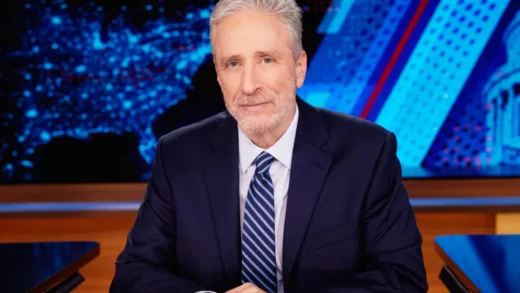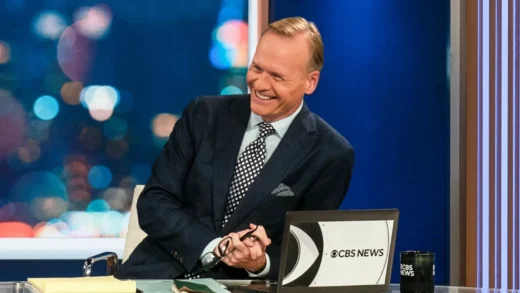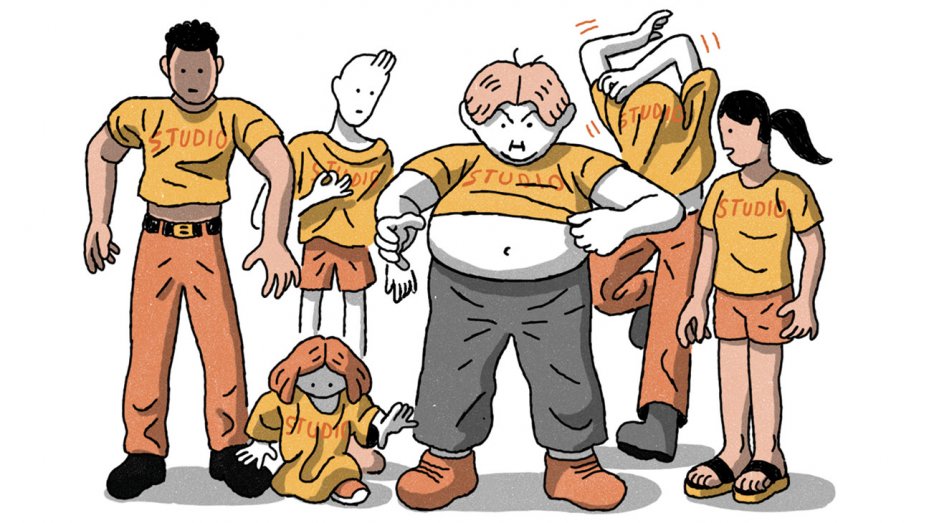“The Shonda deal was a shot across the bow, and the Ryan Murphy deal was a punch in the face.”
That’s one business affairs executive’s assessment of the way Netflix dramatically disrupted the overall deals market with back-to-back nine-figure pacts for two of TV’s top creators. Now traditional studios are left scrambling — looking at their tentpole players and asking, “How do we keep them?” The mad rush for talent has not only forced studios to abandon the one-size-fits-all broadcast-focused pacts that defined the business (“Now they come in all shapes and sizes,” says CBS TV Studios’ David Stapf), but it also has driven up prices, particularly for showrunners with multiple series on the air. “It’s the most competitive overall deal market I’ve ever seen,” says UTA’s Dan Erlij.
Traditional outfits must figure out how to remain competitive: “They’re going to have to start placing bets,” says one top rep who estimates that studios accustomed to paying a high-end drama showrunner about $3 million a year will now have to spend closer to $5 million. “They’ve tried to keep costs down. But the people that don’t get back into the speculative business will be dead.”
Without the seemingly bottomless pockets of their streaming counterparts, studios are getting creative, banding together the various arms of their business for deals across the corporation. It’s a marked break from the past, where media companies were heavily siloed and broadcast was the keystone of any pact.
Viacom, in an effort led by CEO Bob Bakish, has inked multiyear deals with both Tyler Perry and Trevor Noah that encompass TV, film and shortform video. So rather than turn to another studio to adapt his nonfiction book Born a Crime for film, the Daily Show host now will do so at Paramount. Similarly, in April, Lorne Michaels left Paramount after nearly 30 years for a film deal with Universal, the longtime home of his television business. “One of our initiatives is to forge a more synergistic feature-TV relationship, so we’ve been offering up as many aspects of the NBCUniversal family as possible,” says Universal TV head Pearlena Igbokwe, whose studio is also signing longer deals (more than three years) to lock in talent.
In recent months, there’s been growing speculation that J.J. Abrams, who has had a long-standing relationship with Warner Bros. for TV, may sign a companywide deal at Time Warner, moving his film dealings from Paramount when his contract comes up this summer. According to an insider, Warner Bros. CEO Kevin Tsujihara, TV boss Peter Roth and film head Toby Emmerich regularly meet to strategize ways to better position talent across TV, film, digital and even gaming.
Traditional studios are busy pitching what they can offer that Netflix can’t — or won’t. Included in that mix: a hefty marketing push and the confidence to sell projects anywhere. “They’re really pushing the fact that you can sell to outside distributors like streamers and cable networks,” says CAA’s Andrew Miller. It’s that flexibility that could allow Warner Bros. to keep ahold of uber-producer Greg Berlanti, who’s leaned heavily on the studio’s DC library. Netflix is said to have already wooed him even though his contract doesn’t expire until 2020, but multiple sources say he’s likely to stay put at Warners, suggesting the studio is ponying up a hefty nine figures (a few say as much as $300 million). Notes one rep: “You’re seeing a legacy studio that believed they could get a discount on talent suddenly stepping up and going batshit crazy with the rest of them.”
(Excerpt) Read more in: The Hollywood Reporter





